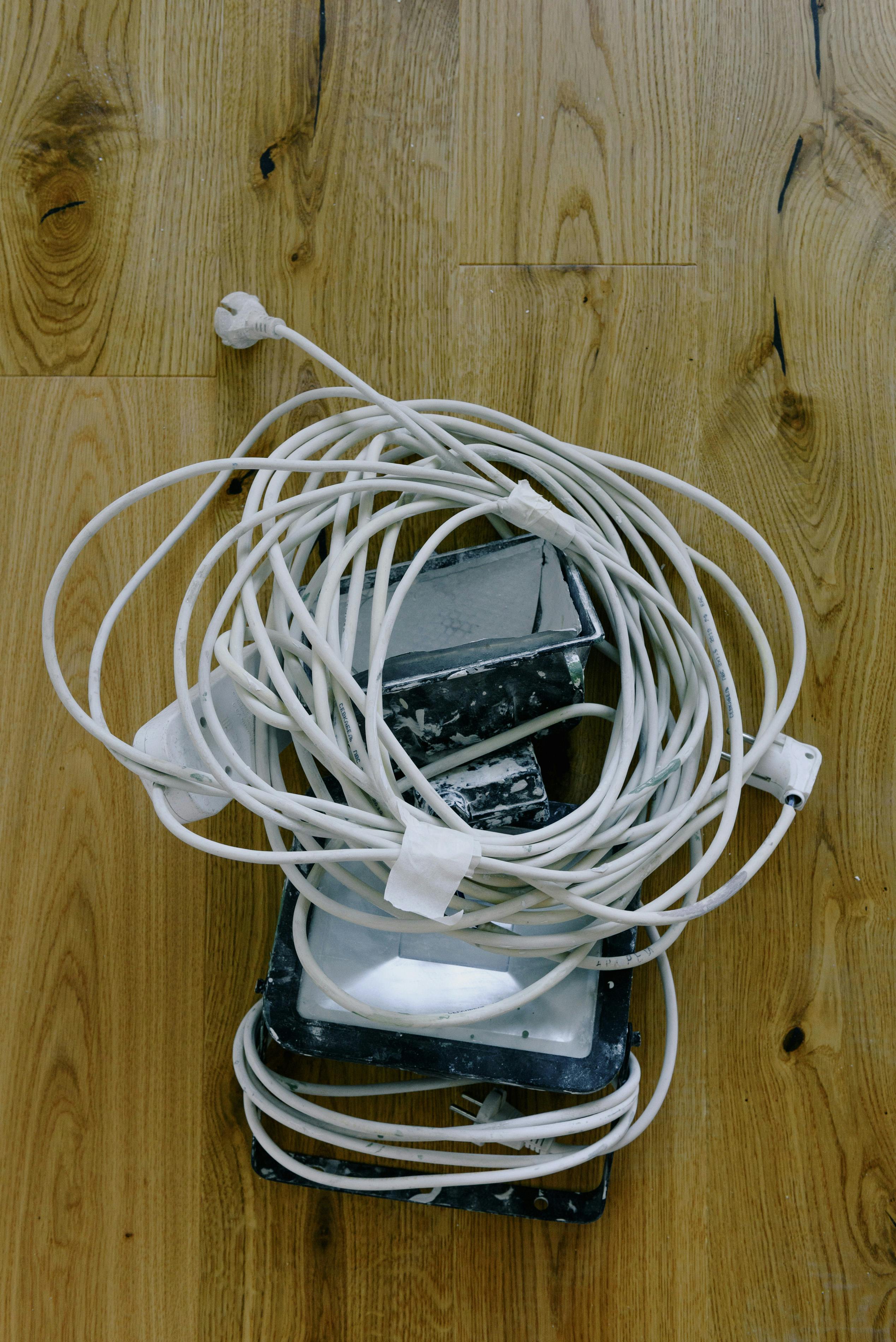Do You Plug These Into Extension Cords? Experts Say Don’t!
Learn why certain devices should never be plugged into extension cords. Discover expert safety tips to avoid overheating, electrical fires, and power hazards

Do You Plug These Into Extension Cords? Experts Say Don’t!
Extension cords are the unsung heroes of our homes, providing power where outlets are scarce. However, their convenience can sometimes lead to dangerous misuse. Many of us unknowingly plug high-powered appliances and devices into extension cords, unaware of the risks. Experts are sounding the alarm: improper use of extension cords is a leading cause of electrical fires and home damage.
So, how do we use extension cords safely? What devices are best avoided? And what should you do instead? In this blog, we’ll explore the dangers of misusing extension cords, the science behind their limitations, and the safe alternatives to power your home efficiently.
Why Extension Cords Are Not Always the Answer
Extension cords are designed for temporary use, not as a permanent solution for powering devices. They’re essentially a quick fix when an outlet isn’t within reach. However, when used improperly, they can become a fire hazard or cause severe damage to your devices.
The issue lies in their capacity. Each extension cord has a maximum amperage and wattage it can safely handle. Exceeding this limit leads to overheating, which can melt the cord's insulation and potentially spark a fire. The National Fire Protection Association (NFPA) reports that thousands of home fires each year are directly linked to improper extension cord usage.
The Hidden Risks of Overloading Extension Cords
Misusing extension cords can lead to several serious issues:
- Overheating: High-powered devices can cause the cord to overheat, creating a fire hazard.
- Electrical Fires: Damaged or overloaded cords can ignite nearby flammable materials like carpets or curtains.
- Voltage Drops: Long cords or high-power demands can result in inconsistent voltage, damaging sensitive electronics.
- Shock Hazards: Frayed or exposed wires increase the risk of electrical shock.
The Science Behind Extension Cord Limitations
Extension cords have specific wire gauges that determine how much electrical current they can handle. A lower gauge number means a thicker wire and higher capacity:
- 16-gauge: Suitable for light-duty tasks like powering a lamp.
- 14-gauge: Handles medium-duty devices like fans.
- 12-gauge: Required for heavy-duty appliances like power tools.
Longer cords increase electrical resistance, leading to voltage drops and overheating. For high-wattage devices, shorter, properly rated cords are essential.
Practical Tips for Safe Extension Cord Use
Follow these expert recommendations to ensure safe usage:
- Choose an extension cord rated for your device’s wattage.
- Inspect cords regularly for frayed wires or damage.
- Avoid running cords under rugs or furniture to prevent heat buildup.
- Limit extension cord use to short-term solutions.
- Unplug cords when not in use to reduce overheating risks.
What to Do Instead of Relying on Extension Cords
If you find yourself relying on extension cords frequently, consider upgrading your home’s electrical infrastructure:
- Install Additional Outlets: Hire a licensed electrician to add outlets where needed.
- Use Surge Protectors: High-quality surge protectors are safer for powering multiple devices.
- Upgrade Wiring: For older homes, modern wiring can support higher energy demands safely.
Related Links
Conclusion
Extension cords are useful tools, but their limitations must be respected to ensure safety. By understanding the risks and following expert guidelines, you can prevent electrical hazards and protect your home. When in doubt, choose direct connections or consult a professional electrician for long-term solutions. Your safety is worth the investment!




